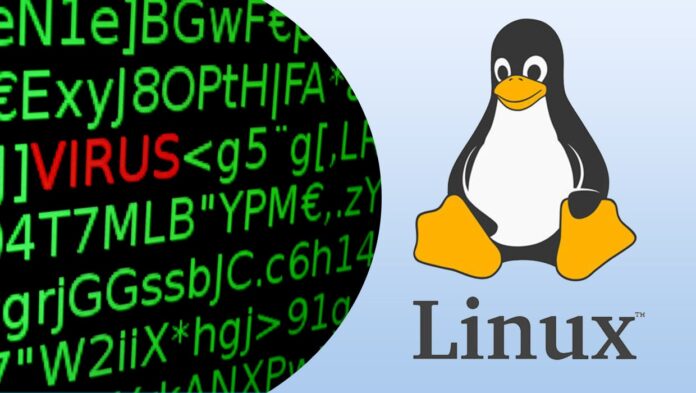Is Linux virus-proof?
For decades, the Linux group of operating systems has won the appreciation of technologists for their simplicity and functionality. First developed in the early 1990s, Linux is a computer operating system like Windows.
Controlling a system’s hardware resources, this software is a popular choice for running web servers. Unlike Windows, Linux is open-source software, meaning anyone can use it for free. One of the reasons Linux is preferred is because it offers better security. The general idea is that when you switch to Linux, you no longer have to worry about viruses and other kinds of malware. While this is mostly true, actually Linux is not that secure.
Why Are Viruses Infecting Linux Less?
This is because attackers are less likely to target Linux, rather than because the virus is more difficult to infect Linux. Since most computers use Windows, most of the virus software is developed for Windows. Thus the viruses are more contagious in Windows operating systems.
In addition, virus developers prefer to target inexperienced users, for example; users who are more likely to be deceived by fake web ads and phishing attacks. There are antivirus programs for Linux, but even these are mostly intended to protect Windows users.

There Are Linux Desktop Malwares But They Are Rare
EvilGNOME, one of the recently emerged Linux desktop malware, it looks like an extension. Malware, It can take screenshots and record sounds coming into your PC’s microphone, and upload personal files.
The emergence of malware is not due to the fact that it infects a large number of devices, but simply due to its presence.
So is it perfect?
Linux has multiple advantages when it comes to security, but no operating system is completely secure. One of the problems Linux is currently facing is that it is getting more and more popular.
For many years, Linux was predominantly used by a small, more tech-oriented segment. Now, with its increased usage, it has become prone to a very old problem that large numbers of users increase the risk of malware infestation.
There is already malicious software designed specifically for Linux. The Erebus ransomware is an example, and the Tsunami backdoor has continued to be a problem for users over the past few years.
Is Linux Free of Viruses? Is It Really Safe? The answer to the question at the beginning of this article is simply that. Now we have come to the end of our article where we answered and detailed some topics on the Linux operating system. We look forward to your comments in the comment section, if you want to see more articles like this keep following us!
Why IPv6? Another article.



